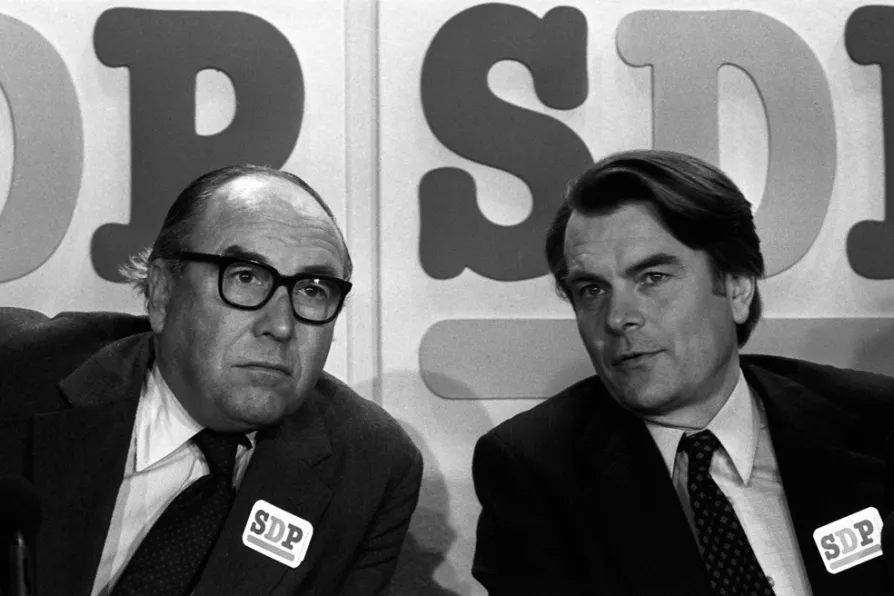As Colombia approaches presidential elections next year, the US decision to decertify the country in the war on drugs plays into the hands of its allies on the political right, writes NICK MacWILLIAM

 oy Jenkins (left) and Dr David Owen at the launch of the new Social Democratic Party, March 1981
oy Jenkins (left) and Dr David Owen at the launch of the new Social Democratic Party, March 1981
A FEW days after the Independent Group (TIG) of MPs formed in the Commons, the Liberal Democrat strategist Mark Pack tweeted “who will be TIG’s Bill Rodgers?” It was an interesting question.
Despite having spent a year in formation with meetings at luxury hotels the breakaway MPs appeared without a proper name, no policies, no membership and no structure. Their cheerleaders in the media argue all these will appear over time.
The SDP which was formed in 1981 was a rather different and more substantial matter. On its founding day the Limehouse Declaration was published outlining its basic principles. Its roots went back much further than that though.

In 1981, towering figure for the British left Tony Benn came a whisker away from victory, laying the way for a wave of left-wing Labour Party members, MPs and activism — all traces of which are now almost entirely purged by Starmer, writes KEITH FLETT

Who you ask and how you ask matter, as does why you are asking — the history of opinion polls shows they are as much about creating opinions as they are about recording them, writes socialist historian KEITH FLETT

KEITH FLETT revisits debates about the name and structure of proposed working-class parties in the past

The summer saw the co-founders of modern communism travelling from Ramsgate to Neuenahr to Scotland in search of good weather, good health and good newspapers in the reading rooms, writes KEITH FLETT













